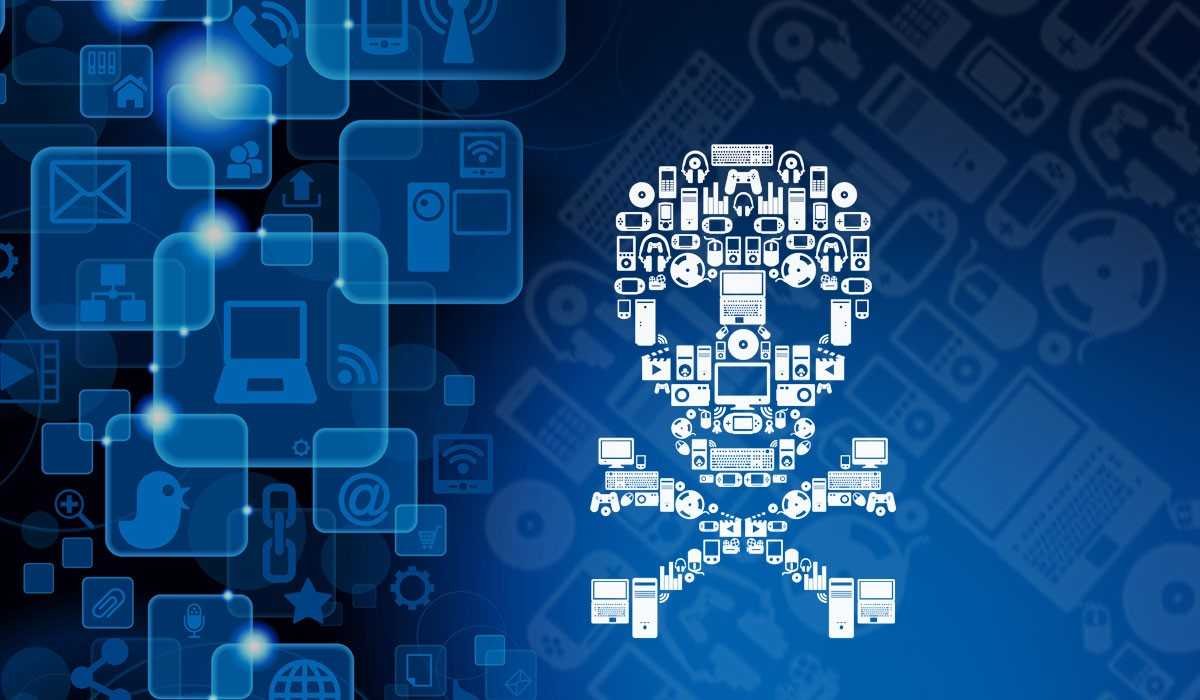Information is power. But like all power, there are those who want to keep it for themselves. — Aaron Swartz
Piracy, in today's context of unauthorized sharing of digital content, is wrongly condemned as immoral theft. However, it is not the piracy itself that is unethical. Instead, it is greed-based laws and practices that censor knowledge and creative works to maximize profits. At its core, piracy is about sharing information and creative works with others, which should be considered a moral good.

Sharing knowledge and creative works is how society progresses. Scientific progress is based on open access to discoveries and data. Creative works are shared, mixed and used. Restrictive copyright laws allow companies to severely limit access to information and artwork to optimize their profits. They frame piracy as “stealing” to make it seem unethical, when in reality piracy often just involves sharing creative works with friends or communities who cannot access or afford it.
Piracy enables open access to knowledge and creative works. It allows the free sharing of information and projects without payment restrictions, geographical barriers and other arbitrary boundaries. Especially in poorer and developing communities countries, piracy is often the only way for many to access books, movies, music and more. The poor are denied access purely because of their inability to pay, even for decades-old projects that have long since paid off.
Online Piracy: The story of piracy before the World Wide Web
While piracy may reduce the profits of large media companies, it serves the greater good of society by enabling open access to knowledge and creative works. Sharing information is a moral imperative, not "theft". Piracy fuels an open access movement that opposes censorship based on greed and control of free culture. It allows the sharing, discussion and building of projects, for the benefit of society as a whole.
The free and open source movement code it also promotes open access. FOSS licenses such as the GNU GPL give users the freedom to use, study, share, and modify software without restrictions. Creative Commons licenses do the same for creative works like photos, videos, blogs, music and more.
Alexandra Elbakyan's Sci-Hub is awarded by the EFF
Instead of fighting piracy, we need laws and policies that promote open access and knowledge sharing, not profit maximization through contrived scarcity. Overall, piracy should be seen as morally justified – it's about sharing, not stealing.
Aaron Swartz advocated open access to knowledge. To promote the free distribution of research and literature, he hacked into MIT servers to download academic papers. Swartz came under pressure from the government and the Big Three and killed himself. However, his activism planted seeds. Today, much research and knowledge is available for free, legally, online.
According to Aaron Swartz in (The Boy Who Could Change the World)
- Stealing is wrong. But the λήψη it's not theft. If I steal an album from my local record store, no one else can buy it. But when I download a song, no one misses it and someone else can download it too. There is no moral problem.
- Even if the download hurt sales, that doesn't make it unethical. Libraries and video stores are also hurting sales. Is their use unethical?
- Downloading may be illegal. But 60 million people used Napster and only 50 million voted for Bush or Gore. We live in a democracy. If people want to share files then the law needs to be changed to allow them.
Artists should not be dependent on distributors. Artists should be supported because they are artists and our society needs them. Artists deserve to live and thrive whether they are successful or not, as do all people.
Rather we should disconnect the profit motive from every aspect of life and human experience. Piracy is one such fromconnection in action. It's an attempt to live by one's own morality instead of a corporate ethos that dictates what to do, even if we don't believe it.
People say that piracy hurts creators. But it actually hurts the capital of companies, which discourage change. There are many alternative ways of consuming, but they would cause the power/economy hierarchy to collapse which was unpleasant for those at the top.



